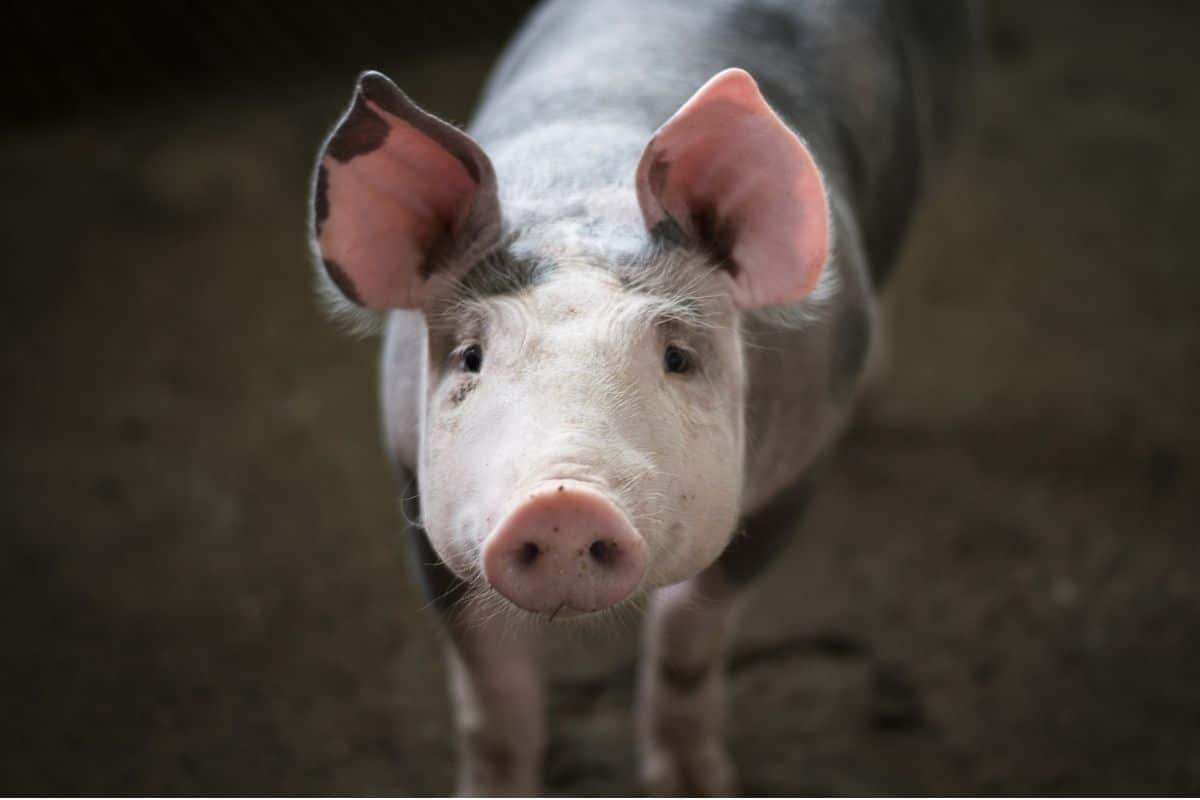
What scientists discovered could lead to new ways to treat people with COVID-19.
Since the start of the pandemic, several studies have shown that pigs are virtually immune to the coronavirus. If they get the virus, they don’t show any symptoms and don’t transmit it to other animals. Researchers decided in a new study to look for answers. Because why do pigs have nothing to fear from COVID-19?
Pigs and coronaviruses
The team has been researching the effect of coronaviruses on pigs for years. It has led to the development of models with which they can study in detail how viruses infect pig (cells) and how the cells react to fight the infection. In the current study, the researchers infected cultured epithelial cells (cells that ‘line’ most of the airways) from pigs and humans. And that leads to a striking discovery.
Note
The researchers may have found an important clue that sheds light on why pigs don’t get sick when exposed to the coronavirus. After they infected the epithelial cells, it turned out that the pig cells underwent apoptosis – or programmed cell death – in response to the infection. And that happened much faster than with human epithelial cells. “When we looked under the microscope, there was an interesting phenomenon going on in the cells,” said researcher Rahul Nelli. “The nuclei of the infected pig cells were destroyed in contrast to uninfected cells.”
apoptosis
That destruction is a telltale indication of apoptosis. And that may be the reason why pigs don’t get symptoms after exposure to SARS-CoV-2. Because apoptosis is ‘activated’ at an early stage of infection, tissue damage is prevented. In addition, this also reduces the ability of the virus to copy itself, reducing the risk of serious illness.
Crucial difference
Incidentally, apoptosis is not entirely foreign to human cells. The study shows that human cells also undergo apoptosis in response to a corona infection. However, a crucial difference with pigs is that human cells do this much less often than pig cells. For example, pig cells are about 100 times more likely to undergo apoptosis than human cells.
In contrast, human cells are more likely to undergo necrosis; another form of cell death. Necrosis is often harmful, as the cell contents are not immediately removed and can affect surrounding cells. Something that doesn’t happen during apoptosis.
The researchers suspect that the observed apoptosis response is one of the reasons pigs appear virtually immune to the coronavirus. Infected cells are quickly removed during this process, without the immune system overreacting. “This reaction is probably innate; not acquired,” suspects researcher Luis Gimenez-Lirola. “The virus is killed subtly but quickly enough without triggering an excessive immune response.”
Thus, it appears that the cellular response protects pigs against COVID-19. A discovery that could lead to new ways of treating people who contract the same disease. Further research, the team says, could lead to treatments that trigger apoptosis in human cells, protecting people infected with the coronavirus – like pigs – from serious symptoms.
Source material:
“The cellular response that protects pigs from COVID-19” – Iowa State University
Image at the top of this article: Yair Ventura Filho via Pixabay